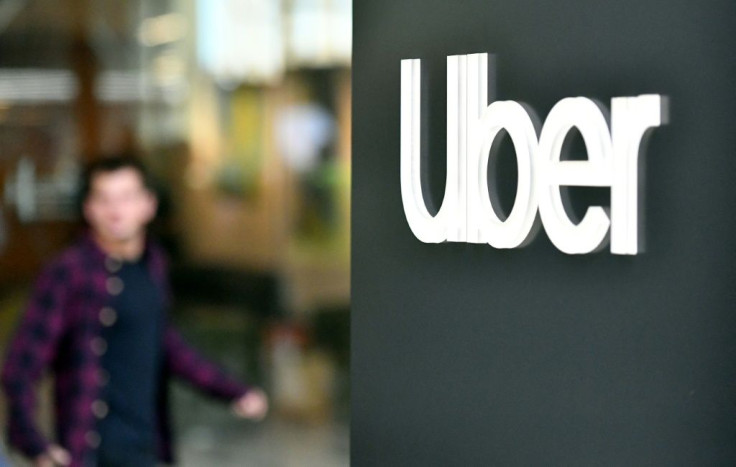Gig economy challenged as California lawmakers approve landmark bill

Uber and Lyft would be required to treat contract workers in California as employees under landmark legislation approved by the US state's lawmakers Tuesday that could reshape the gig economy.
Those in favor of the gig economy -- where workers are employed on short-term contracts without benefits like healthcare or minimum wage -- say it allows flexibility, but opponents say it deprives workers of stability and security.
Under Assembly Bill 5, workers in California -- the biggest US state by GDP -- must be designated employees, not contractors, if their work or performance is controlled by the company, and part of that company's regular business.
Bitterly fought by the tech giants, the landmark bill -- which passed 29-11 in the state legislature's upper house -- sets a precedent that may be copied in states like New York where labor groups are pushing for similar rights for workers.
The lower house -- the Assembly -- which has already passed the bill, will now vote on amendments introduced by the Senate, before sending it to California Governor Gavin Newsom.
Newsom is expected to sign it into law, having indicated his support for the measure last week in an op-ed published by the Sacramento Bee.
Once a darling of both progressives and hard-nosed economists, start-up apps relying on the gig economy are weathering increasing political pressure, as well as plateauing or decreasing stock values as investors worry about potential legislation.
Both Uber and Lyft warned about the impact of such laws in a co-bylined op-ed in the San Francisco Chronicle ahead of the bill's hearing.
It said: "It's also no secret that a change to the employment classification of ride-share drivers would pose a risk to our businesses."
But Lorena Gonzalez, the Democrat who authored the bill, told Bloomberg the law meant a business "cannot game the system by misclassifying its workers."
"As lawmakers, we will not in good conscience allow free-riding businesses to continue to pass their own business costs onto taxpayers and workers," she said in a statement.
"It's our job to look out for working men and women, not Wall Street and their get-rich-quick IPOs."
Slated to take effect from January 1 next year, the bill's passing was criticized by Lyft spokesman Adrian Durbin, who told Gizmodo: "Today, our state's political leadership missed an important opportunity to support the overwhelming majority of rideshare drivers who want a thoughtful solution that balances flexibility with an earnings standard and benefits."
© Copyright AFP {{Year}}. All rights reserved.





















